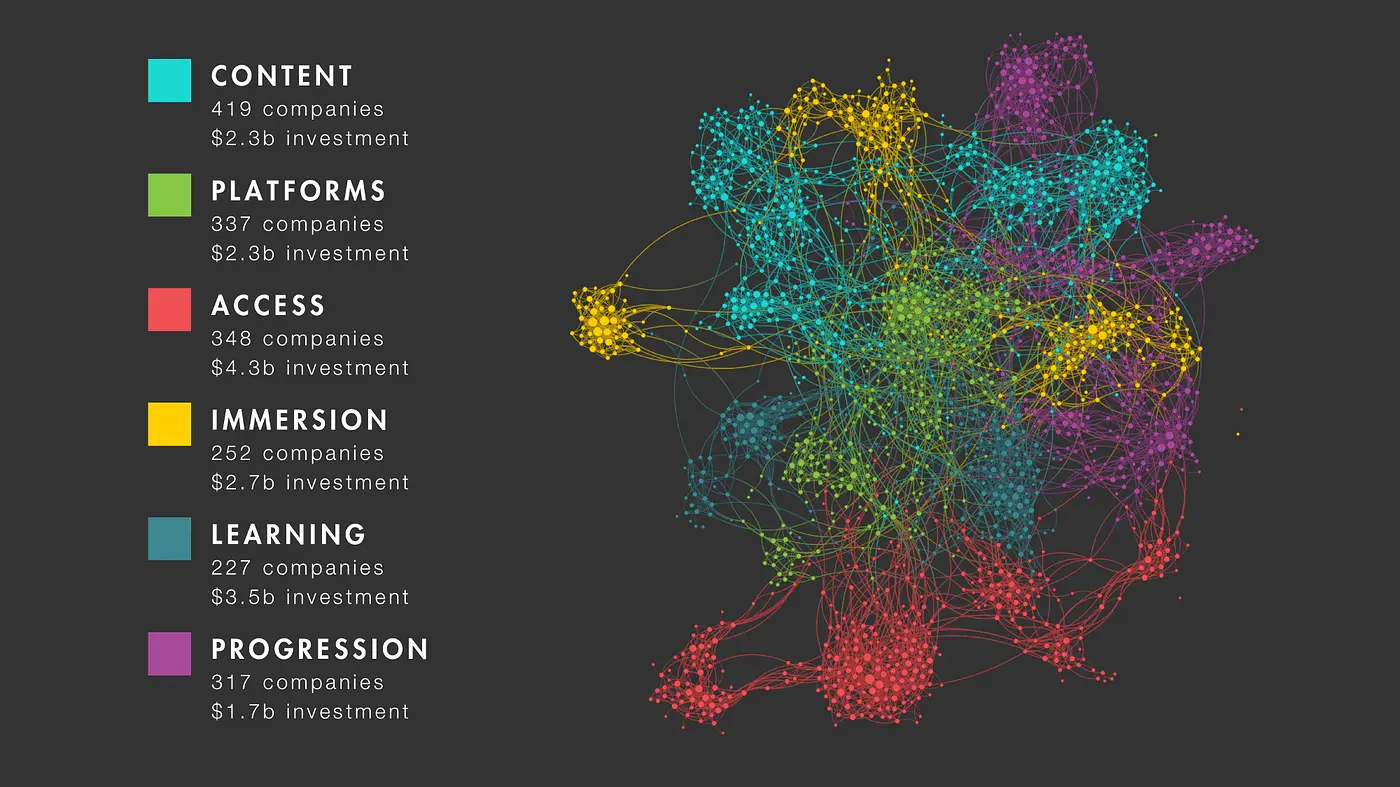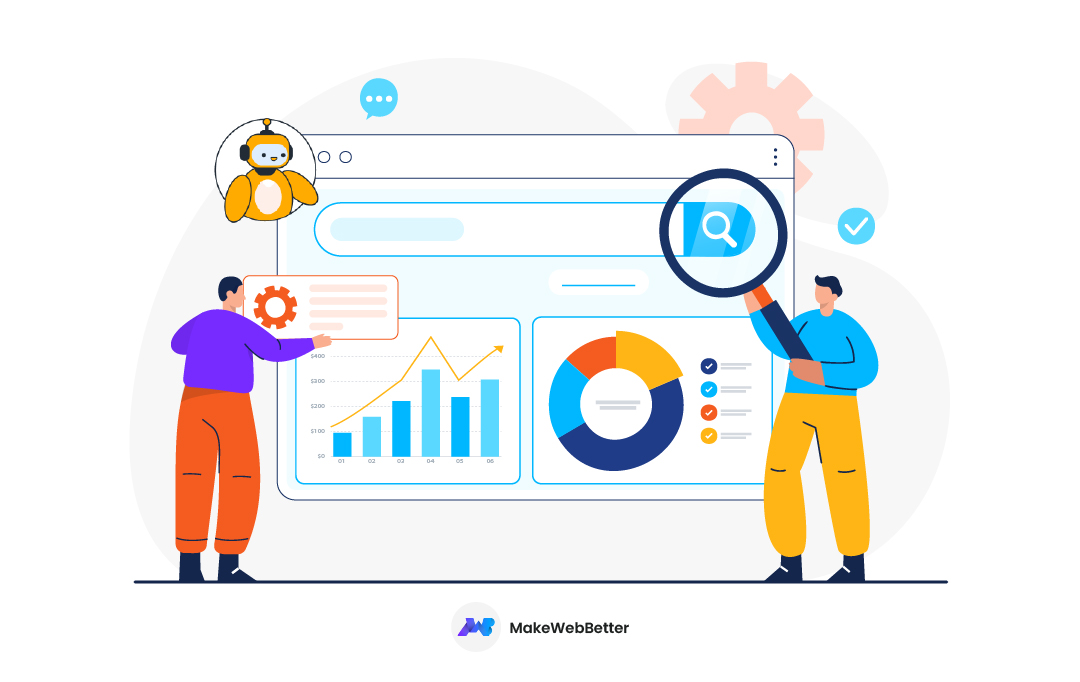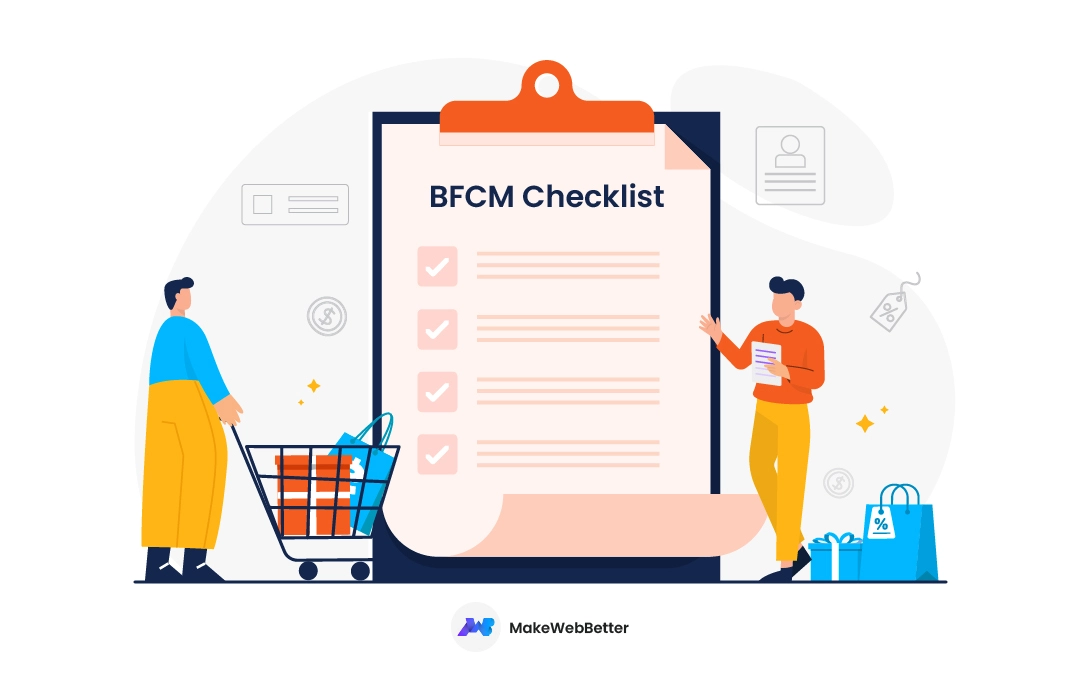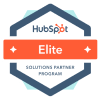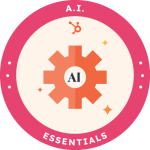Navigating the ever-changing EdTech landscape, where innovation and disruption are the norm, presents unique EdTech challenges for startups.
From attracting and retaining customers to optimizing marketing efforts and managing sales pipelines, EdTech start ups often face numerous hurdles.
HubSpot, a powerful CRM platform, emerges as a guiding light for EdTech-startups venturing into this dynamic industry.
With its comprehensive suite of tools and data-driven insights, HubSpot empowers EdTech-startups to overcome these challenges and achieve their goals.
So, let’s discuss the top EdTech challenges faced by startups and how HubSpot can help tackle them effectively.
But first, let’s have a look into the EdTech industry landscape.
About The EdTech Industry Landscape
The EdTech startup landscape has experienced exponential growth in recent years, fueled by the increasing demand for innovative educational solutions.
From personalized learning platforms to gamified assessments, EdTech start ups are disrupting the traditional education paradigm and delivering transformative learning experiences to learners of all ages.
This growth and evolution of EdTech-startups is evident in the increasing number of funding rounds raised and the growing number of successful exits.
In 2022, EdTech-startups raised over $18 billion in funding, up from $11 billion in 2021.
Additionally, there were over 200 EdTech exits in 2022, with the median exit value exceeding $100 million.
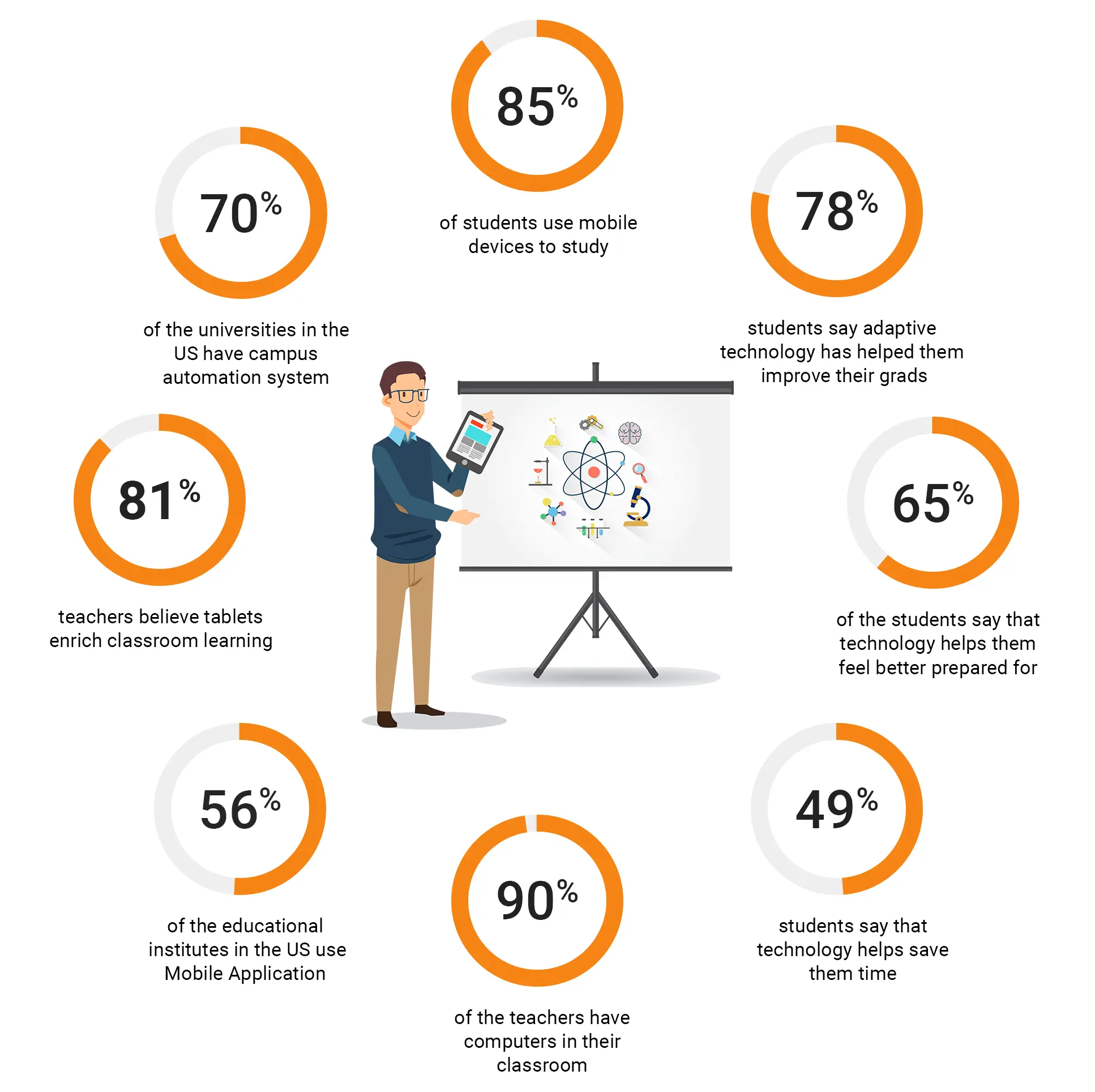
This success is due in part to the unique value proposition that EdTech-startups offer. By leveraging technology to personalize learning, gamify assessments, and provide access to high-quality educational resources, EdTech start ups are meeting the needs of learners in a way that traditional education providers cannot.
As the EdTech landscape continues to evolve, we can expect to see even more innovative and disruptive solutions from startups.
With the support of HubSpot and other CRM platforms, EdTech startups will be well-positioned to overcome the challenges they face and achieve their growth goals.
Before you set up your EdTech platform with HubSpot, here is The Complete Guide to Using HubSpot for SaaS Business.

DIY Audit Your HubSpot CRM Now!
Get Your HubSpot Platform Up & Running For Free!
Competitive EdTech Challenges And HubSpot Solutions
Let’s talk about the most common EdTech challenges and how HubSpot solves them.
Adapting to Artificial Intelligence (AI) and Automation

One of the biggest EdTech challenges is adapting to the rapid pace of innovation in AI and automation.
This is because AI and automation have the potential to disrupt traditional education models and create new opportunities for EdTech-startups.
However, it is also important for EdTech startups to ensure that they are using AI and automation in a responsible and ethical way.
HubSpot’s AI-powered tools can help EdTech startups to adapt to AI and automation in a number of ways.
Marketing automation
Marketing automation is the use of software to automate repetitive marketing tasks, such as sending emails, scheduling social media posts, and nurturing leads. This can free up EdTech platforms to focus on more strategic initiatives, such as developing innovative educational products and services.
Here are some examples of how companies can use marketing automation to overcome the EdTech challenges:
- Use email marketing automation to personalize emails at scale. EdTech companies can use HubSpot’s email marketing automation tools to create and send personalized emails to their customers and leads based on their interests and behavior. This can help EdTech companies to increase their email open rates and click-through rates.
- Use social media marketing automation to save time and effort. The EdTech industry can use HubSpot’s social media marketing automation tools to schedule and publish social media posts on multiple platforms at once. This can save EdTech companies a lot of time and effort, which they can then reinvest in other areas of their business.
- Use lead nurturing automation to nurture leads through the sales funnel. The EdTech industry can use HubSpot’s lead nurturing automation tools to nurture their leads through the sales funnel by sending them personalized content and offers. This can help EdTech companies to convert more leads into customers.
Predictive analytics
Predictive analytics is the use of data and statistical models to predict future events or outcomes. EdTech companies can use predictive analytics to identify trends and patterns in customer behavior, which can then be used to make data-driven decisions about marketing, sales, and product development.
Here’s how EduTech companies can use predictive analytics to overcome the Edtech challenges:
- Use customer segmentation to create more targeted marketing campaigns and sales outreach efforts. EduTech companies can use HubSpot’s predictive analytics tools to segment their customers based on their interests and behavior. This information can then be used to create more targeted marketing campaigns and sales outreach efforts.
- Use lead scoring to prioritize sales efforts and focus on the most qualified leads. EduTech companies can use HubSpot’s predictive analytics tools to score their leads based on their likelihood of converting into customers. This information can then be used to prioritize sales efforts and focus on the most qualified leads.
- Use product development to identify unmet customer needs and develop new products and services to meet those needs. EduTech companies can use HubSpot’s predictive analytics tools to identify unmet customer needs and develop new products and services to meet those needs.
AI-powered operations
AI-powered operations are the use of AI to automate and improve business processes. EdTech companies can use AI-powered operations to automate tasks such as customer support, lead qualification, and marketing campaign optimization.
Examples of how EdTech companies use AI-powered operations:
- Use AI-powered chatbots to provide 24/7 customer support. EdTech companies can use HubSpot’s AI-powered chatbots to provide 24/7 customer support to their customers. This can help EdTech companies to improve customer satisfaction and reduce customer churn.
- Use AI-powered lead qualification to identify the most qualified leads. EdTech companies can use HubSpot’s AI-powered lead qualification tools to identify the most qualified leads from their pool of leads. This can help EdTech companies to save time and close more deals.
- Use AI-powered marketing campaign optimization to improve the performance of marketing campaigns. EdTech companies can use HubSpot’s AI-powered marketing campaign optimization tools to improve the performance of their marketing campaigns by automatically adjusting targeting criteria and bidding strategies.
Overall, HubSpot’s marketing automation, predictive analytics, and AI-powered operations features can help EdTech companies to overcome the challenges of adapting to AI and automation by automating repetitive tasks, making data-driven decisions, and improving customer experiences.
Need help with HubSpot marketing automation?
Schedule a free consultation with MakeWebBetter today!
Cybersecurity Threats and Data Protection

Another major challenge faced by EdTech-startups is cybersecurity threats and data protection.
EdTech-startups collect and store a lot of sensitive data about their customers, such as personal information, financial information, and academic records.
This data is a target for cybercriminals, and EdTech-startups need to take steps to protect it from unauthorized access and breaches.
HubSpot’s security features can help EdTech startups to protect their data from cybersecurity threats.
Two-factor authentication
2FA is a security measure that requires users to enter two different factors to authenticate themselves, such as a password and a code from their mobile phone.
This helps to protect EdTech companies from unauthorized access to their accounts and data.
How EdTech companies can use 2FA to overcome the challenges of cybersecurity threats and data protection:
- Protect employee accounts. EdTech companies can require their employees to use 2FA to log in to their HubSpot accounts. This will help to protect employee accounts from being compromised by attackers.
- Protect customer accounts. EdTech companies can offer 2FA to their customers as an optional security measure. This will allow customers to add an extra layer of security to their accounts.
- Protect sensitive data. EdTech companies can use 2FA to protect access to sensitive data, such as student records and financial data.
Data encryption
Data encryption is the process of converting data into a format that cannot be read without a decryption key. This helps to protect EdTech companies from data breaches and other cybersecurity threats.
Examples of how EdTech-companies can use data encryption against Edtech Challenges:
- Encrypt data at rest and in transit. EdTech companies can use HubSpot’s data encryption features to encrypt all data at rest and in transit. This will help to protect data from unauthorized access, even if it is stolen or intercepted.
- Encrypt sensitive data at a higher level. EdTech companies can use HubSpot’s advanced encryption features to encrypt sensitive data, such as student records and financial data, at a higher level. This will make it even more difficult for attackers to decrypt the data.
Security audit trail
A security audit trail is a record of all user activity in a system. EdTech companies can use security audit trails to monitor for suspicious activity and identify potential security threats.
Here’s how EdTech companies can use security audit trails to overcome the EdTech challenges:
- Monitor for suspicious activity. EdTech companies can use HubSpot’s security audit trail to monitor for suspicious activity, such as failed login attempts and unauthorized access to sensitive data.
- Identify potential security threats. EdTech companies can use HubSpot’s security audit trail to identify potential security threats, such as new devices accessing the system or users logging in from unusual locations.
- Investigate security incidents. EdTech companies can use HubSpot’s security audit trail to investigate security incidents and determine the root cause of the problem.
Overall, HubSpot’s 2FA, data encryption, and security audit trail features can help EdTech companies to overcome the challenges of cybersecurity threats and data protection by protecting their accounts, data, and systems from unauthorized access and other security threats.
Supply Chain Disruptions and Shortages
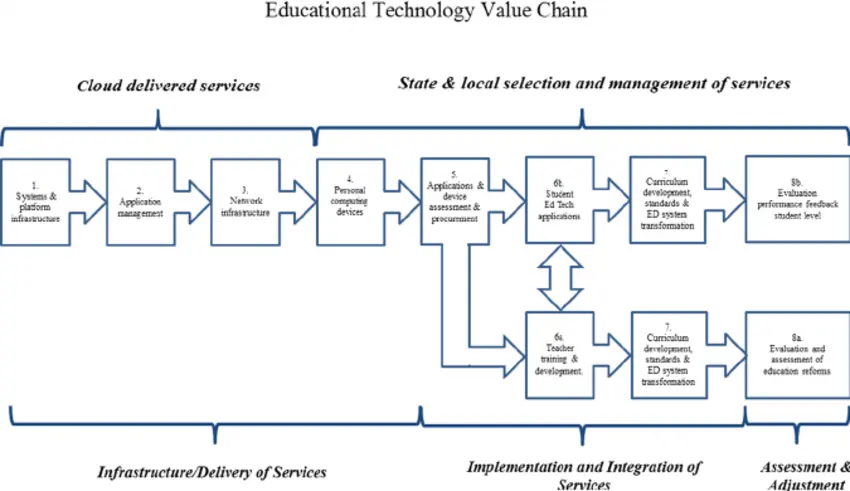
EdTech startups also face challenges related to supply chain disruptions and shortages.
EdTech startups rely on a variety of suppliers, such as software developers, content creators, and hardware manufacturers.
If there are disruptions to the supply chain, it can impact EdTech startups’ ability to develop and deliver their products and services.
HubSpot’s supply chain management tools can help Ed Tech startups to mitigate the impact of supply chain disruptions.
Inventory management
Inventory management is the process of tracking and managing inventory levels. EdTech-companies can use inventory management tools to identify potential shortages and make sure that they have enough inventory to meet customer demand.
How EdTech companies can use inventory management tools to overcome EdTech challenges:
- Set inventory levels based on historical sales data and forecasted demand. EdTech companies can use HubSpot’s inventory management tools to set inventory levels based on historical sales data and forecasted demand. This will help EdTech companies to avoid overstocking inventory and incurring unnecessary costs.
- Track inventory levels in real time. EdTech companies can use HubSpot’s inventory management tools to track inventory levels in real time. This will help EdTech-companies to identify potential shortages early on and take steps to mitigate them.
- Set up alerts for low inventory levels. EdTech-companies can use HubSpot’s inventory management tools to set up alerts for low inventory levels. This will help EdTech companies to be notified of potential shortages so that they can take action immediately.
Supplier performance management
Supplier performance management is the process of monitoring and evaluating supplier performance. EdTech-companies can use supplier performance management tools to identify underperforming suppliers and make sure that they are working with reliable suppliers.
Examples of how EdTech-companies use supplier performance management tools to counter Edtech challenges:
- Track supplier performance metrics. EdTech companies can use HubSpot’s supplier performance management tools to track supplier performance metrics, such as on-time delivery and quality. This will help EdTech companies to identify underperforming suppliers.
- Set up alerts for underperforming suppliers. EdTech companies can use HubSpot’s supplier performance management tools to set up alerts for underperforming suppliers. This will help EdTech companies to be notified of performance issues so that they can take corrective action.
- Develop contingency plans for underperforming suppliers. EdTech companies can use HubSpot’s supplier performance management tools to develop contingency plans for underperforming suppliers. This will help EdTech companies to mitigate the impact of supply disruptions from underperforming suppliers.
Communication and collaboration tools
Communication and collaboration tools can help EdTech companies to communicate and collaborate with suppliers more effectively. This can help EdTech companies to identify and resolve supply chain issues more quickly and efficiently.
EdTech companies can use communication and collaboration tools to overcome supply chain disruptions and shortages:
- Communicate with suppliers in real time. EdTech platforms can use HubSpot’s communication and collaboration tools to communicate with suppliers in real time. This can help EdTech companies to quickly identify and resolve supply chain issues.
- Collaborate with suppliers on contingency plans. EdTech platforms can use HubSpot’s communication and collaboration tools to collaborate with suppliers on contingency plans. This can help EdTech platforms to mitigate the impact of supply disruptions.
- Share information with suppliers about demand forecasts and inventory levels. EdTech companies can use HubSpot’s communication and collaboration tools to share information with suppliers about demand forecasts and inventory levels. This can help suppliers to better plan their production and deliveries.
Overall, HubSpot’s inventory management, supplier performance management, and communication and collaboration tools can help the EdTech industry to overcome the challenges of supply chain disruptions and shortages by helping them to manage their inventory more effectively, identify and resolve supply chain issues more quickly and efficiently, and collaborate with suppliers more effectively.
Talent Acquisition and Retention
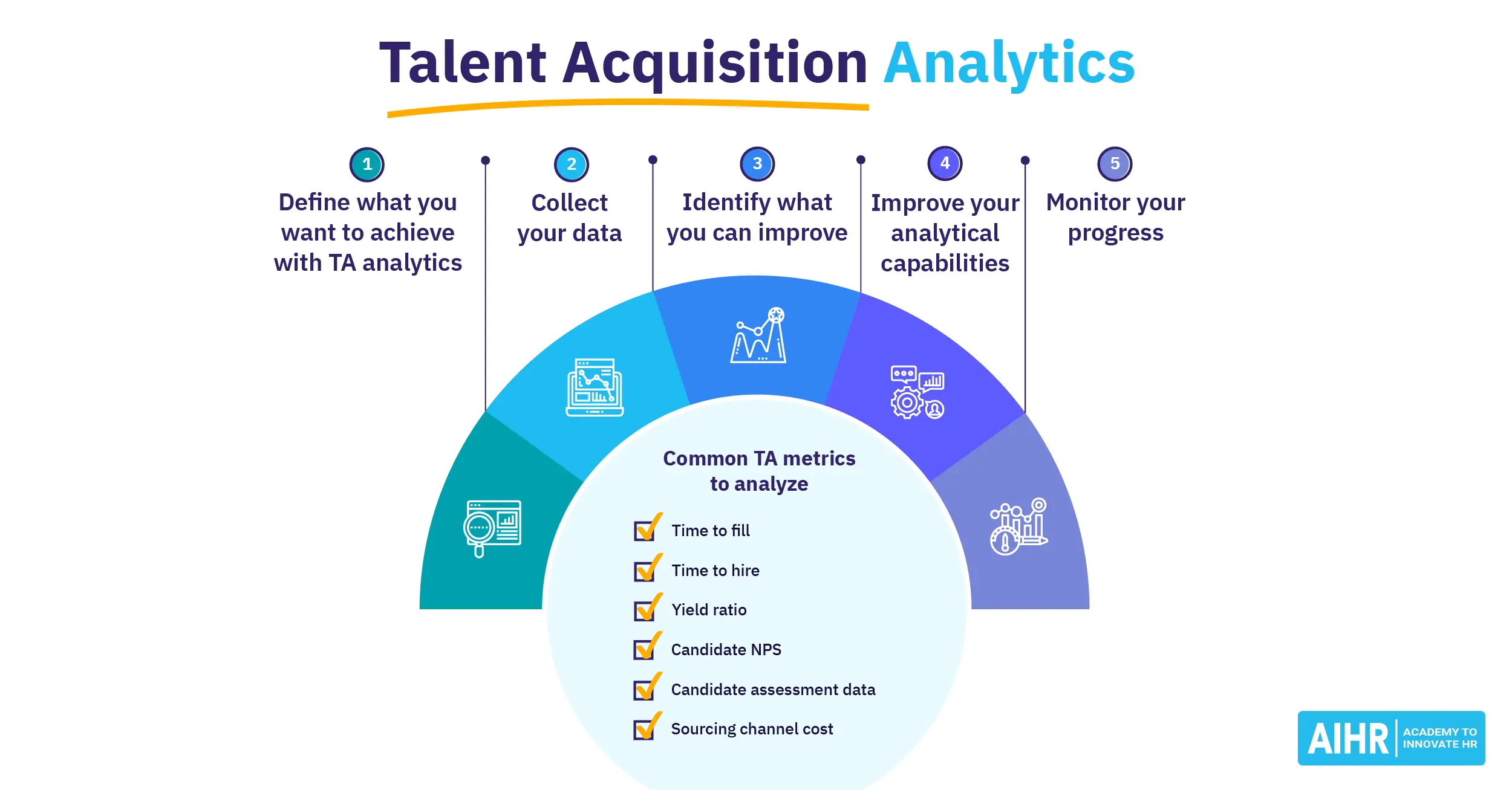
Another challenge faced by EdTech startups is talent acquisition and retention.
Ed Tech startups need to hire and retain talented employees in a variety of fields, such as software development, education, and marketing.
However, the EdTech industry is highly competitive, and it can be difficult for startups to attract and retain top talent.
HubSpot’s recruiting tools, employee engagement tools, and performance management tools can help Ed Tech startups to overcome talent acquisition and retention challenges.
Recruiting tools
Recruiting tools can help EdTech companies to streamline the hiring process, manage candidate information, and identify top talent.
How EdTech companies can use recruiting tools to overcome the EdTech challenges:
- Post job openings to multiple job boards with a single click. EdTech companies can use HubSpot’s recruiting tools to post job openings to multiple job boards with a single click. This can save EdTech companies a lot of time and effort.
- Manage candidate information in one central location. EdTech companies can use HubSpot’s recruiting tools to manage candidate information in one central location. This makes it easy for EdTech companies to track candidates through the hiring process and identify the best candidates for the job.
- Automate tasks such as email screening and scheduling interviews. EdTech companies can use HubSpot’s recruiting tools to automate tasks such as email screening and scheduling interviews. This can free up EdTech companies to focus on more strategic tasks, such as developing their employer brand and building relationships with candidates.
Employee engagement tools
Employee engagement tools can help EdTech companies to foster a positive work culture, provide recognition and rewards, and gather employee feedback.
Examples of how the EdTech industry can use employee engagement tools for talent acquisition and retention:
- Create and manage employee surveys. EduTech companies can use HubSpot’s employee engagement tools to create and manage employee surveys. This can help the EdTech platforms to gather feedback from employees on their work experience and identify areas for improvement.
- Implement employee recognition programs. EduTech companies can use HubSpot’s employee engagement tools to implement employee recognition programs. This can help EdTech-companies to show their employees that they are valued and appreciated.
- Create and manage employee engagement activities. EduTech companies can use HubSpot’s employee engagement tools to create and manage employee engagement activities, such as team-building exercises and social events. This can help EdTech companies to build a stronger team culture and create a more positive work environment.
Performance management tools
Performance management tools can help EdTech companies to set goals, track progress, and provide feedback to employees.
EdTech companies can use performance management tools to overcome the challenges:
- Set goals and track progress. EdTech companies can use HubSpot’s performance management tools to set goals for employees and track their progress over time. This can help EdTech companies to ensure that employees are on track to meet their goals and to identify areas where they may need additional support.
- Provide feedback to employees. EdTech companies can use HubSpot’s performance management tools to provide regular feedback to employees on their performance. This feedback can help employees to improve their performance and to develop their skills.
- Identify and develop high-potential employees. EdTech companies can use HubSpot’s performance management tools to identify and develop high-potential employees. This can help EdTech companies to build a strong pipeline of future leaders.
Overall, HubSpot’s recruiting tools, employee engagement tools, and performance management tools can help EdTech companies to overcome the challenges of talent acquisition and retention by helping them to streamline the hiring process, manage candidate information, identify top talent, foster a positive work culture, provide recognition and rewards, gather employee feedback, set goals, track progress, and provide feedback to employees.
Adapting to Changing Customer Expectations
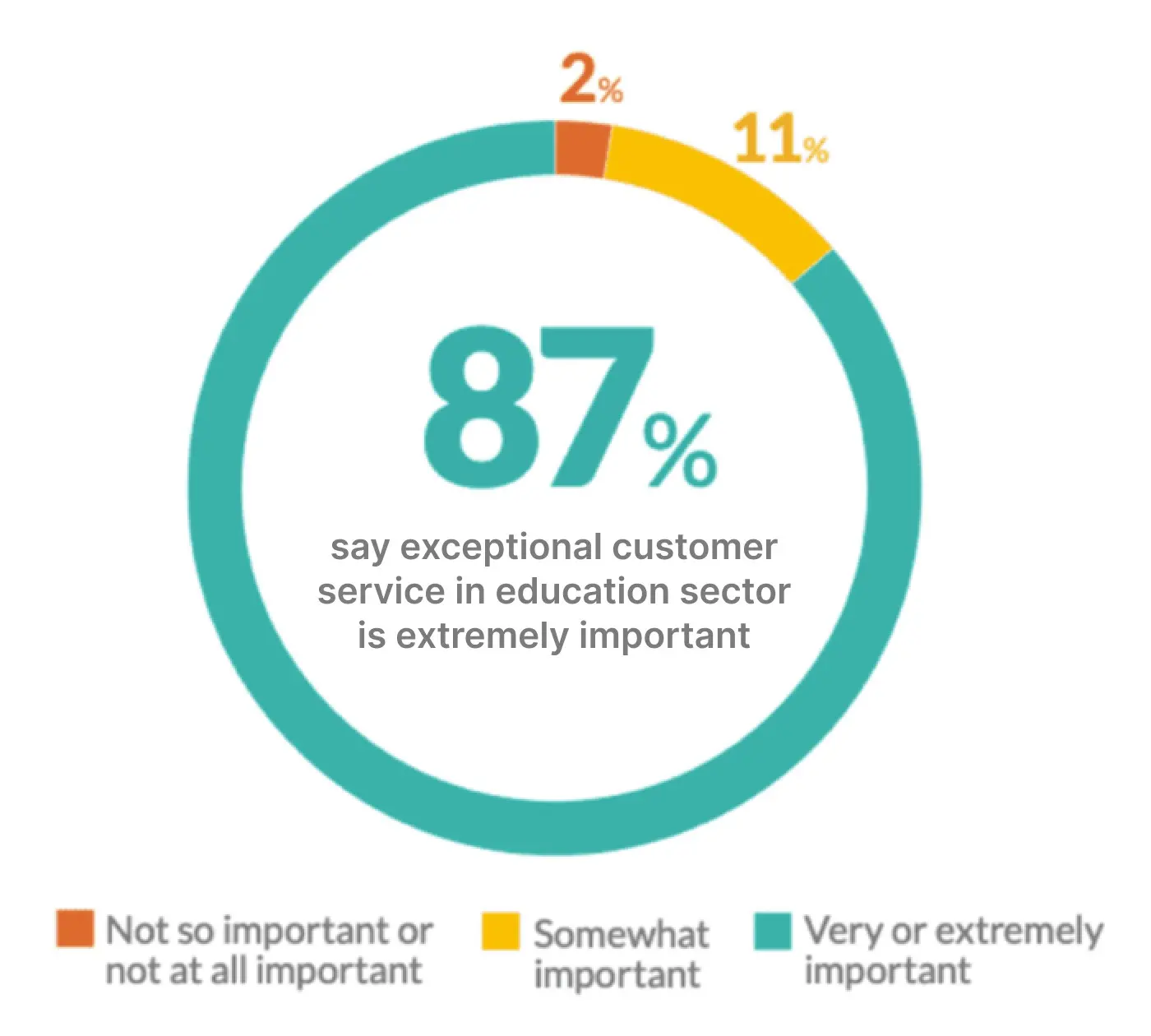
Finally, EdTech-startups also face the challenge of adapting to changing customer expectations.
EdTech customers are becoming increasingly demanding, and they expect personalized and engaging experiences.
Ed Tech startups need to be able to deliver on these expectations in order to be successful.
HubSpot’s customer segmentation tools, targeted marketing tools, and omnichannel marketing capabilities can help EdTech startups to adapt to changing customer expectations.
Customer segmentation tools
Customer segmentation tools can help EdTech companies to divide their customers into groups based on shared characteristics, such as demographics, interests, and behavior. This information can then be used to create more targeted marketing campaigns and customer experiences.
Here’s how EdTech companies can use customer segmentation tools:
- Segment customers by their education level, age range, and interests. This information can then be used to create targeted marketing campaigns for specific customer segments. For example, an EdTech company could create a marketing campaign for high school students who are interested in coding or a marketing campaign for working adults who are interested in learning a new language.
- Segment customers by their purchase history and behavior. This information can then be used to create personalized customer experiences. For example, an EdTech company could recommend new courses to customers based on their past purchases or send them personalized emails with tips and advice on how to use their products.
Targeted marketing
Targeted marketing is the process of creating and delivering marketing messages to specific customer segments. EdTech companies can use targeted marketing to reach their ideal customers with the right message at the right time.
Let’s see how EdTech companies can use targeted marketing:
- Use social media advertising to target specific customer segments. EdTech companies can use social media advertising platforms like Facebook and LinkedIn to target specific customer segments with their marketing messages. For example, an EdTech company could target high school students who are interested in coding with ads for their online coding courses.
- Use email marketing to send personalized messages to customers. EduTech companies can use email marketing to send personalized messages to customers based on their interests, behavior, and purchase history. For example, an EdTech company could send an email to a customer who has recently purchased a course on how to learn a new language with tips and advice on how to use the course.
Omnichannel marketing
Omnichannel marketing is the process of creating and delivering consistent customer experiences across all channels, including online, offline, and mobile. EduTech companies can use omnichannel marketing to reach their customers wherever they are and to provide them with a seamless experience.
Here are some examples of how EdTechs use omnichannel marketing to adapt to changing customer expectations:
- Create a mobile-friendly website and app. EdTech companies need to make sure that their website and app are mobile-friendly so that their customers can access their products and services from anywhere.
- Use social media to engage with customers. EdTech companies can use social media to engage with customers, answer their questions, and provide them with support.
- Use email marketing to keep in touch with customers. EdTech companies can use email marketing to keep in touch with customers and send them updates about their products and services.
By using HubSpot’s customer segmentation tools, targeted marketing features, and omnichannel marketing capabilities, EdTech companies can adapt to changing customer expectations and deliver a better customer experience.
HubSpot Tools in Action: Case Studies of EdTech Success
1. Udacity: Increase in open and click-through rates
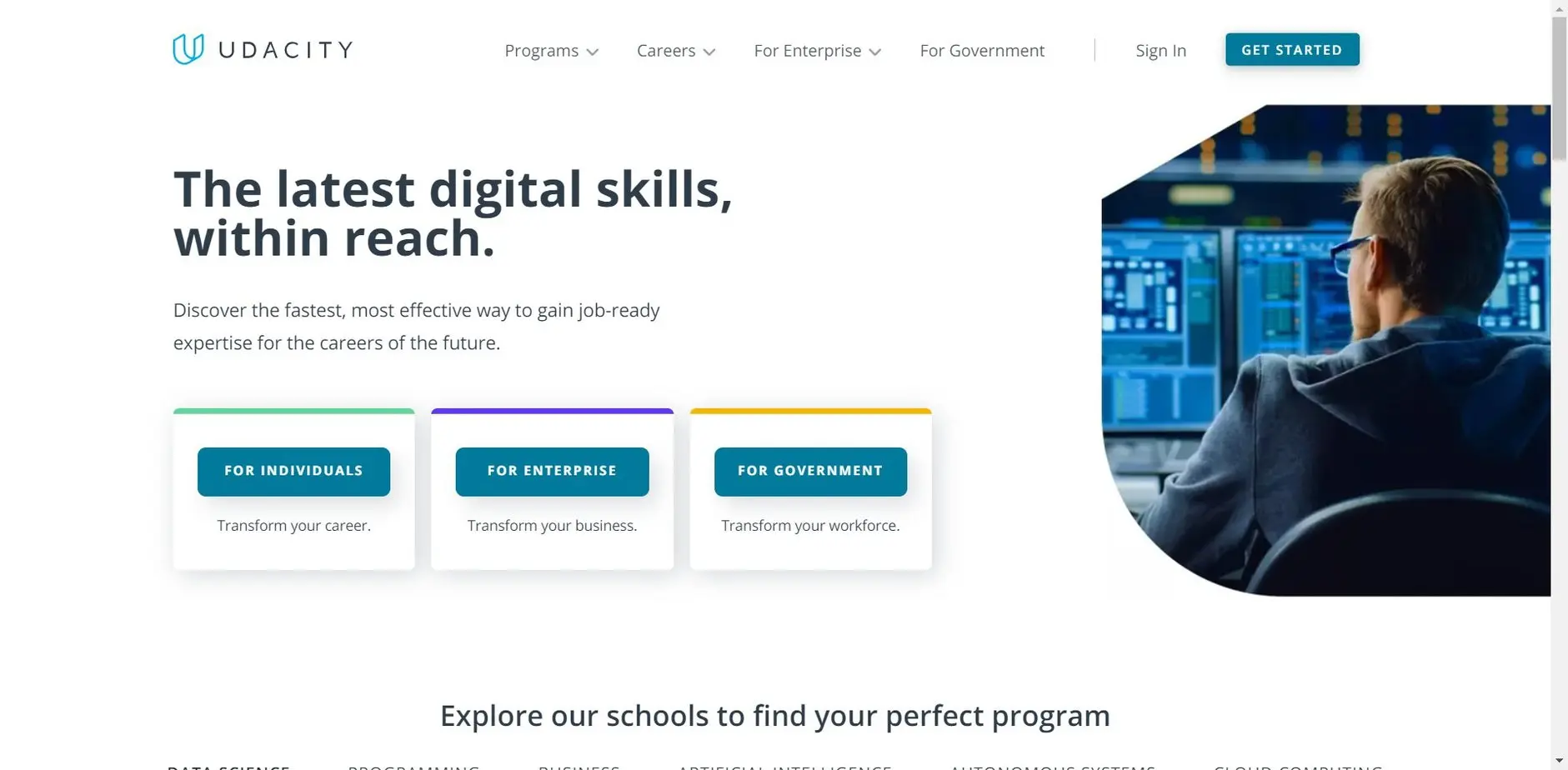
Udacity is a leading online education platform that offers courses in technology and business. They use HubSpot’s marketing automation tools to automate its email campaigns and to personalize its marketing messages.
As a result, Udacity has been able to increase its open and click-through rates by over 30%.
Analysis: Udacity’s success in increasing its open and click-through rates demonstrates the power of marketing automation and personalization.
By automating its email campaigns, Udacity is able to save time and resources.
By personalizing its marketing messages, Udacity is able to send more relevant and engaging emails to its subscribers.
This has resulted in a significant increase in open and click-through rates, which has led to more traffic to Udacity’s website and more conversions.
2. MasterClass: Increase in conversion rate
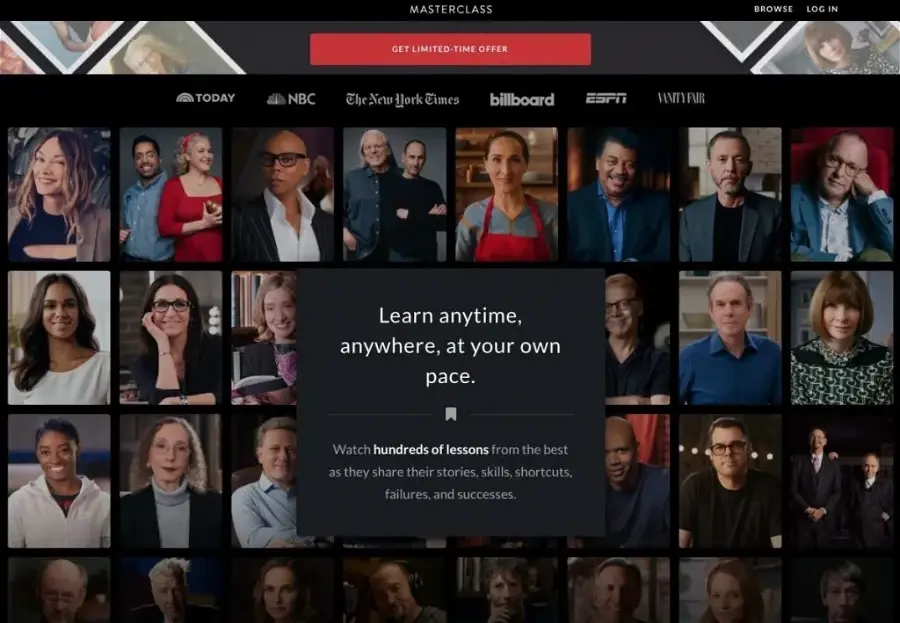
MasterClass is an online learning platform that offers courses taught by world-renowned experts. They use HubSpot’s sales tools to track leads through the sales pipeline and to automate tasks such as sending follow-up emails and scheduling meetings.
As a result, MasterClass has been able to increase its conversion rate by over 20%.
Analysis: MasterClass’s success in increasing its conversion rate demonstrates the importance of sales automation.
By using HubSpot’s sales tools, MasterClass is able to save time and resources, while also ensuring that all leads are followed up promptly and effectively.
This has resulted in a significant increase in the number of leads that convert into customers.
3. Coursera: Reduction in customer support ticket volume
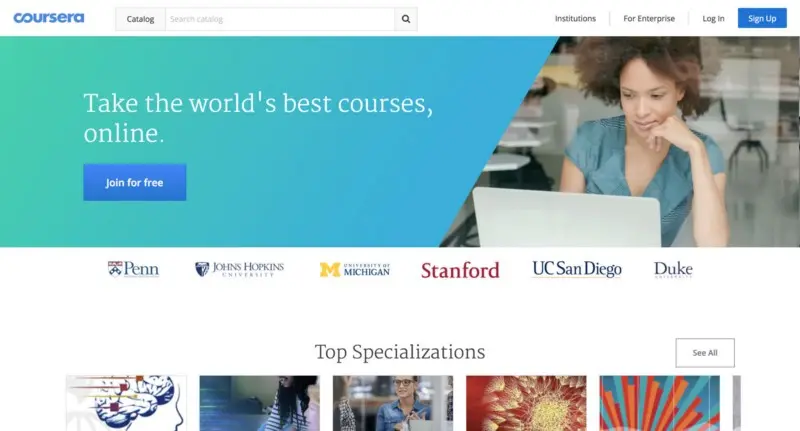
The online learning platform Coursera offers courses from top universities and organizations. Coursera uses HubSpot’s customer support tools to provide 24/7 support to its learners.
As a result, Coursera has been able to reduce its customer support ticket volume by over 15%.
Analysis: Coursera’s success in reducing its customer support ticket volume demonstrates the importance of providing excellent customer support.
By using HubSpot’s customer support tools, Coursera is able to provide 24/7 support to its learners, which has reduced the number of support tickets that Coursera receives.
This has freed up Coursera’s customer support team to focus on resolving more complex issues.
4. Tecmilenio: Increased lead generation and performance

Tecmilenio is a leading university in Mexico. They use HubSpot’s CRM platform to manage its marketing, sales, and customer service operations.
As a result, Tecmilenio has been able to increase lead generation and gain higher capacity to perform marketing, sales, and service actions.
Analysis: Tecmilenio’s success in increasing lead generation and gaining higher capacity to perform marketing, sales, and service actions demonstrates the power of using a unified CRM platform.
HubSpot’s CRM platform provides Tecmilenio with a single, unified view of all of its customer data.
This allows Tecmilenio to better understand its customers and to provide them with a more personalized experience. It also allows Tecmilenio to streamline its operations and to make better decisions about how to allocate its resources.
By using HubSpot’s tools, EduTech companies can automate their marketing and sales operations, personalize their marketing messages, improve their customer support, and gain a deeper understanding of their customers.
This can lead to increased lead generation, higher conversion rates, and improved customer satisfaction.
If you are an EdTech company, I encourage you to explore how HubSpot tools can help you to achieve your business goals.
Conclusion
Lastly, EdTech challenges can be pretty hard. High market competition, low usage and retention, reluctance to change, and lack of digital transformation strategy.
But don’t worry, HubSpot’s got your back. With HubSpot’s suite of tools, you can:
- Nurture leads and automate your marketing campaigns to increase usage and retention.
- Track leads through the sales pipeline and automate tasks to improve conversion rates.
- Provide 24/7 support to your customers and resolve issues quickly and efficiently to improve customer satisfaction.
But implementing and using HubSpot effectively can be a daunting task.
That’s where we at MakeWebBetter come in. We’re a HubSpot Elite Partner that specializes in helping EdTech companies get the most out of HubSpot.
We can help you:
- Set up and configure HubSpot correctly
- Integrate HubSpot with your existing systems
- Develop and implement HubSpot marketing, sales, and customer support strategies
- Train your staff on how to use HubSpot effectively
So what are you waiting for?
Contact MakeWebBetter today and let’s help you achieve your EdTech goals!


